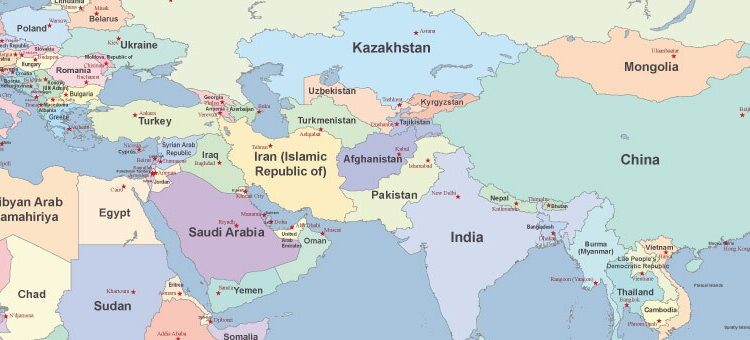Business process contracting has become an integral part of major organizations in the North American continent. Offshore contracting helps in saving money and time and offers various types of back-office and front office processing like sales, support, maintenance, content management, troubleshooting, and knowledge-based outsourcing.
An effective offshore partner is one that has a complete understanding of the business needs of its client and is representative of the company’s mission and vision. It no longer remains an isolated part of the company but grows simultaneously to become just like the client company in its business processing standards and organizational behavior.
Offshoring processes to countries like India, China, Thailand, etc. have now become a fundamental component of most US-based organizations and despite the recessionary mode, offshoring is going on as usual. Yet there are certain changing trends that need our focus and attention.
The Challenge:
The outsourcing landscape has undergone significant changes, with major players like Accenture, HP, Unisys, and BT significantly expanding their resources in offshoring facilities located in Asia. This shift has transformed the dynamics of the outsourcing business. US companies seeking to outsource their services can now explore the option of partnering with leading IT help desk provider to deliver these services from India. This unique approach allows them to benefit from the cost advantages offered in India, while also tapping into the talent pool available in the country, all through the support of US-based companies rather than Indian firms.
This has definitely altered the parameters of the industry. These American companies with their huge investment in infrastructure and attractive pay packets have created quite a stir in the Indian employment arena and delivery standards.
Combating Attrition:
The already high attrition rate in this industry has put further pressure on the supply of trained talent, thus raising the cost of attracting and retaining skilled professionals.
Differentiation:
Not only this, Indian partners are now forced to differentiate their services and products and raise the quality bar in order to compete with these US giants. This has led to the industry tightening up its belt, streamlining its business process, and putting utmost importance on the quality derivative. To be able to successfully play the global game and win in it; it is important to create value through optimization of process efficiency and leveraging new technologies.
Move To Second-Tier Cities:
Apart from the enhancement of the quality of the process, the entry of the US-based offshoring firms has made most Indian vendors move to second-rung cities to get cheap talented employees and retain them.
This strategy has risks due to poor infrastructure and lower quality of talent, which will necessitate investments in training and management.
Low-cost labor locations and chasing low-cost employees is a very cost-intensive way of conducting business that cannot be successful for long.
The trend of globalization is changing the workforce composition of these firms and in order to make profits more and more, service providers need to hire local employees and train them to international standards. That is the only way to cut costs and yet ensure the quality of the business process.
Some competition from American businesses has done a world of good to the Indian companies industry which has begun process enhancement, product differentiation, and better delivery schedules to retain their positions in this highly profitable industry!







